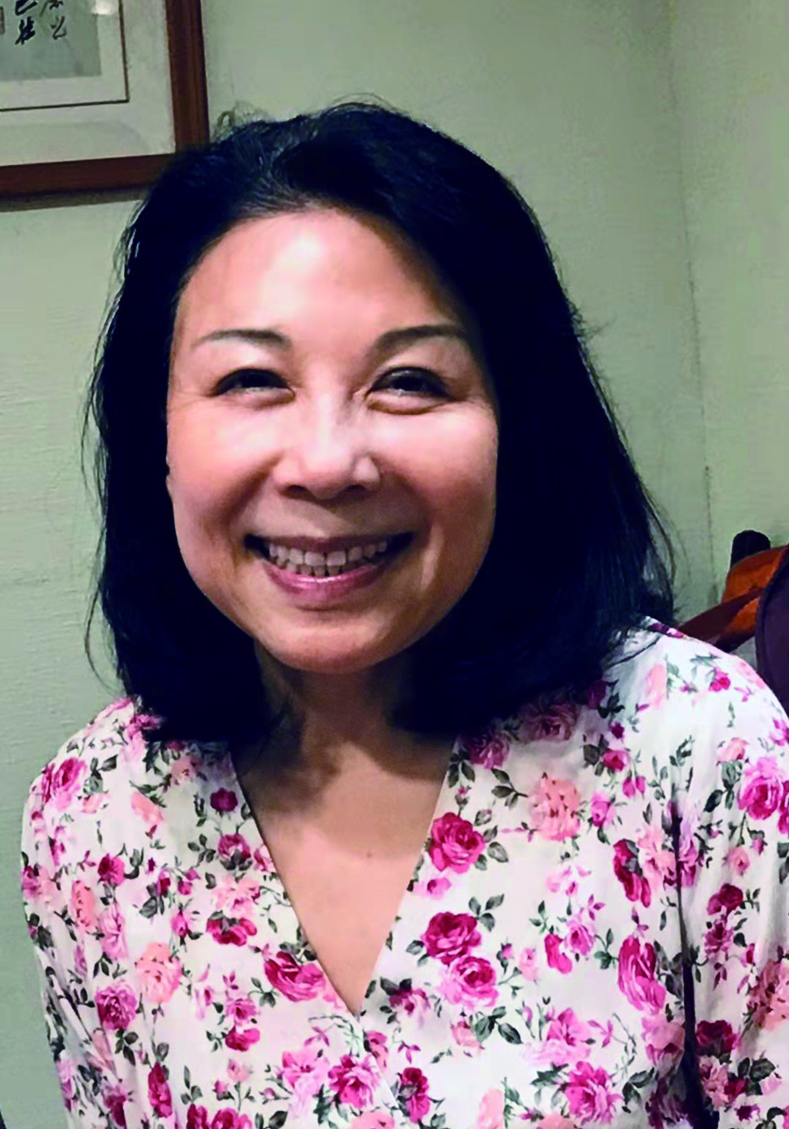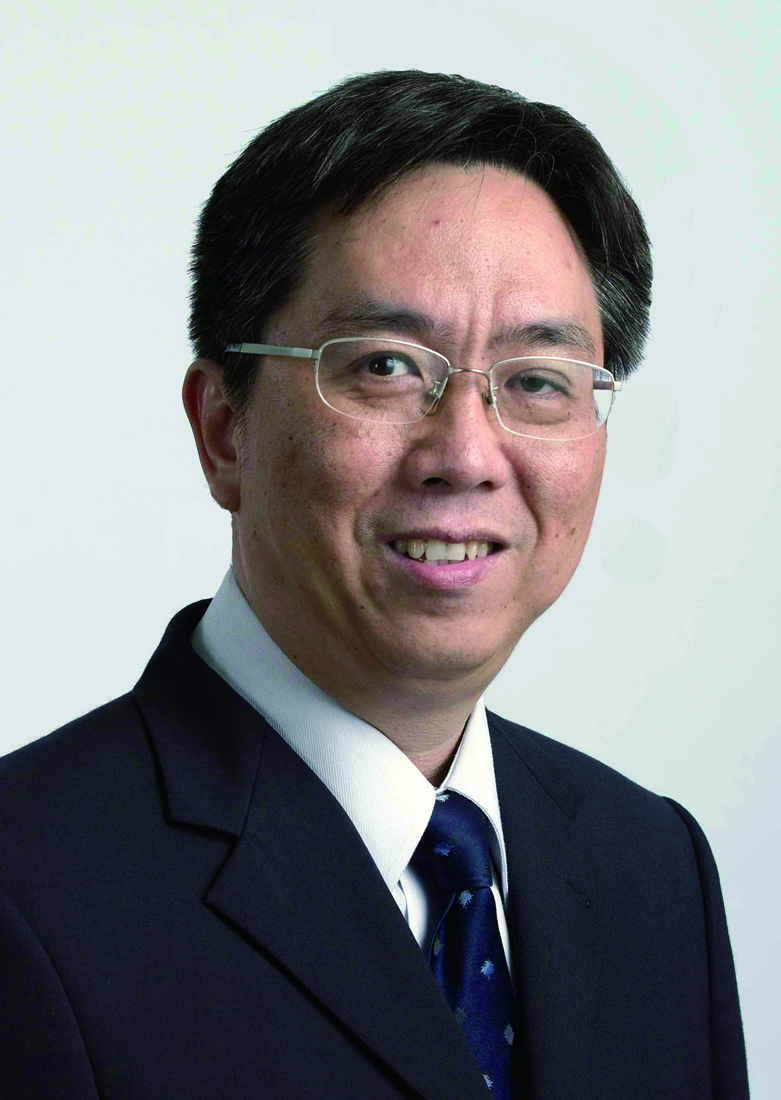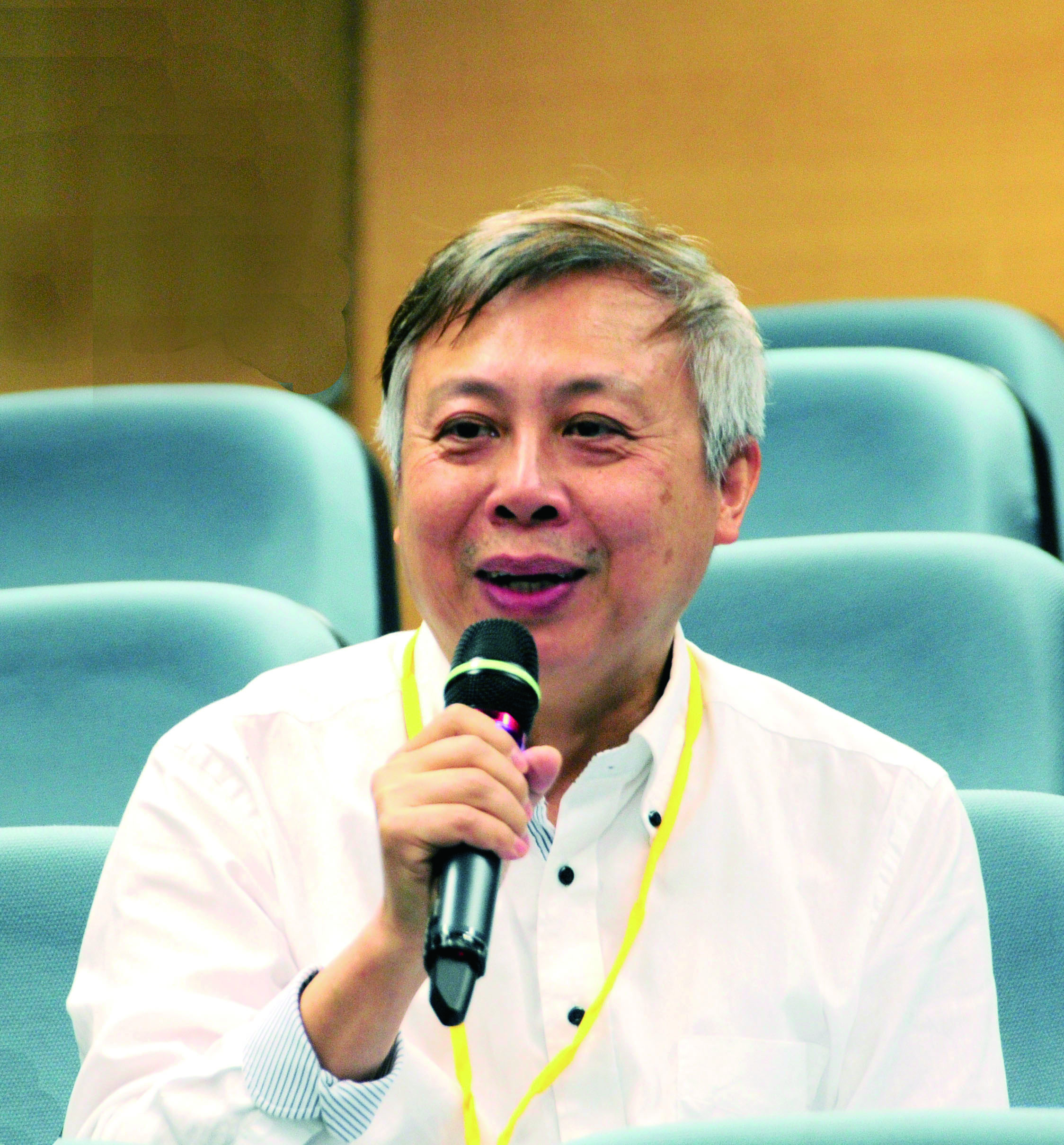Abstract: Yan Fu’s (嚴復)
Tianyan lun《天演論》 is an important work that affects the transformation of thought in modern China. Adopting Western experiences as the model,
Tianyan lun contributed to the prominent shift from the “Classical Age” to the “Age of Science” in China, a period honoured as the “Yan Fu Moment” by some scholars. This lecture takes
Tianyan lun as an example to illustrate the possibility of combining translation history with intellectual history. The “intrinsic study” is a translingual analysis of the text, while the “extrinsic” one refers to examining the role it played in the historical context in the late Qing and early Republican era, with a focus on the interpretations of and responses to
Tianyan lun from Confucianism, Buddhism, and Taoism, to discuss the restructuring of and differences between the Chinese and foreign views towards the relationship between Heaven and Man. This lecture further explains why
Tianyan lun had such significant impact in China and sheds light on the characteristics of modern Chinese intellectuals’ response to the challenge of secularization.
.jpg) Lecture Series (2)
Lecture Series (2)Title: Connecting to the World through Translation: The Birth of China's First Encyclopedia
Speaker: Prof. Liwei Chen (Faculty of Economics, Seijo University)
Host: Prof. Lawrence Wang-chi Wong (Research Centre for Translation, CUHK)
Time: (GMT+8) 7 p.m. – 9 p.m.
Date: 28 January 2021
Abstract:
The New Encyclopedic Dictionary of General Knowledge《普通百科新大辭典》(Shanghai: Guoxue fulunshe (國學扶輪社), 1911), edited by Huang Ren (黃人), is generally considered as the first modern encyclopedia in China. It contains more than 12,000 entries of various categories, including especially a large number of newly introduced words in science and technology, culture and education. The concepts and the definitions provided in the encyclopedia demonstrate how China was connected to the world. This study addresses the following questions: How should this dictionary be positioned? Was it an independent work produced by the Chinese, or was it based on other sources? Our answer is that it was in fact an encyclopedia hastily compiled through translation.
.jpeg) Lecture Series (3)
Lecture Series (3)Title: Giving a Concept a Name: How Did Yan Fu Translate "Evolution" and "Ethics"?
Speaker: Prof. Shen Guowei (Faculty of Foreign Language Studies, Kansai University)
Host: Prof. Lawrence Wang-chi Wong (Research Centre for Translation, CUHK)
Time: (GMT+8) 7 p.m. – 9 p.m.
Date: 28 March 2021
Abstract: Yan Fu’s translation of the concepts, “evolution” and “ethics”, in Aldous Huxley’s Evolution and Ethics has constantly generated much interest amongst academics of translation, especially because the word choices made by Yan Fu, the translator, reflected not only his interpretation of the source text but also the constraints imposed on his translation by the social and historical contexts of his time. While Yan Fu’s original translation for “evolution” and “ethics” has since been replaced by the
wasei-kango re-imported to the Chinese language, “ 進化” (evolution) and “倫理” (ethics), there still exist several questions regarding the coinage of some words in his translation that deserve a closer look. As we seek clarity in his translations through reconstructing the process of translation in the coinage of the words for previously untranslated concepts, we lay the foundation for further discussions in areas such as intellectual history. In addition, through such a study, we delve deeper into the reasons behind his decisions, allowing us to experience the hardships he felt as he attempted to translate Western ideologies with the antiquated Chinese phrases, and through the experience, shed light on the historical
significance of
Tianyan lun, his translation of
Huxley’s Evolution and Ethics.
 Lecture Series (4)
Lecture Series (4)Title: Theories and Approaches in the Studies of Asian Translation History: Court and Police Interpreters in Taiwan under Japanese Rule
Speaker: Prof. Yang Cheng-shu (Fu Jen Catholic University & Sun Yatsen University Zhuhai Campus)
Host: Prof. Lawrence Wang-chi Wong (Research Centre for Translation, CUHK)
Time: (GMT+8) 7 p.m. – 9 p.m.
Date: 25 April 2021
Abstract: In recent years, Asian translation studies scholars have made significant achievements in the research of translators and translation history. This lecture will first summarize the theories and approaches in the studies of Asian translators and translation history of the last decade, hoping to provide new perspectives for further research in this field. Then, taking the cases of court and police interpreters in Taiwan under Japanese colonial rule, we will explain in detail the research methodologiesin translation history and translators. After analysing the writing and interpretation activities of the court and police interpreters in Taiwan during Japanese rule, we found that an organizational hierarchy had formed through examinations, periodic publications, and other means, and that there were a certain degree of social mobility between the two groups of interpreters.
 Lecture Series (5)
Lecture Series (5)Title: Qianlong Emperor’s Edicts to King George III of Great Britain: Rethinking Translation and Early Modern China
Speaker: Prof. Lawrence Wang-chi Wong (Research Centre for Translation, CUHK)
Host: Prof. Yu Ling (School of Foreign Studies, Hunan University of Science and Technology)
Time: (GMT+8) 7 p.m. – 9 p.m.
Date: 30 May 2021
Abstract: In 1793, Britain sent an official embassy, led by Lord George Macartney, to China, in hope of getting more favourable trading terms. Before the embassy left Beijing, the Qianlong Emperor issued two imperial edicts to King George III, rejecting all the requests from the British. Then in early 1796, a third edict was announced. Using primary sources, this talk will discuss the major issues relating to these edicts. Some historical facts, such as the issue dates, the number and different versions of the edicts, will first be clarified. We will then discuss the problems surrounding their translation. Similarities and discrepancies between the originals and the various renditions, as well as the impact of the changes, will be analysed in detail. Responses given by Macartney and King George III, which involve important translation issues, will also be examined. To conclude the talk, we will use the case of the Macartney embassy to illustrate the importance of translation in modern Chinese history and affirm the value of translation history as an academic discipline.













.jpg)
.jpeg)


